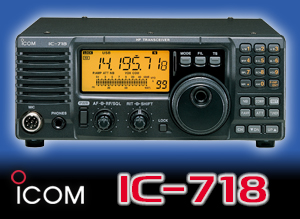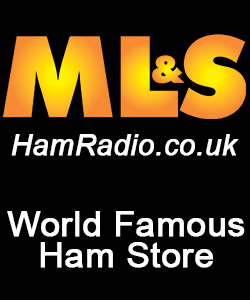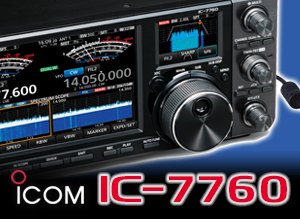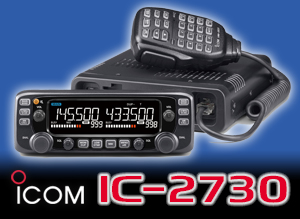Operating Abroad
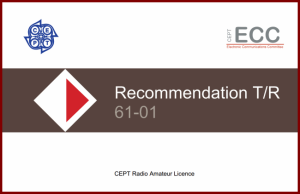
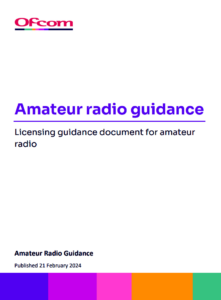 The European Conference of Postal and Telecommunication Administrations (CEPT) is a group with almost 50 European and other countries. Amongst their many activities, they have agreed a common standard, Recommendation T/R 61-01, that facilitates the temporary operation in a fellow member’s country. Once each member’s country has confirmed that their amateur radio licence conforms to the CEPT minimum standard, then amateurs from other members may operate in that country which has implemented the recommendation. Signatories to T/R 61-01 include USA, South Africa and Australia.
The European Conference of Postal and Telecommunication Administrations (CEPT) is a group with almost 50 European and other countries. Amongst their many activities, they have agreed a common standard, Recommendation T/R 61-01, that facilitates the temporary operation in a fellow member’s country. Once each member’s country has confirmed that their amateur radio licence conforms to the CEPT minimum standard, then amateurs from other members may operate in that country which has implemented the recommendation. Signatories to T/R 61-01 include USA, South Africa and Australia.
CEPT operation does not replace ‘reciprocal licensing’ – rather it supplements it. Only temporary operation is permitted under CEPT rules, eg from hotel accommodation or mobile. Therefore, if you seek either long-term (over three months) residence or additional facilities, you still need to apply for a reciprocal licence. Operating under CEPT arrangements requires to abide by the regulations of the country you are visiting.
Ofcom’s Guidance includes operating abroad in Section-7. To operate under CEPT regulations, you need to have with you your UK licence validation document, a copy of the UK licensing regulations, and a copy of the foreign country’s licensing regulations. You will need to contact the foreign country’s licensing administration to obtain a copy of the latter. Details can be obtained via their national society. For more information:-
- Read the relevant terms in your UK licence!
- Ofcom: Guidance – see Section-7 – Feb-2024
- CEPT: Recommendation T/R 61-01
- CEPT: FAQS regarding T/R 61-01
- CEPT: List of Administrations Websites
Reciprocal Licensing
A reciprocal licence is a licence issued by a foreign country to you because that country recognises the standards of the UK licence. Some countries do this unilaterally, others require a two-way recognition – a reciprocal licence. The callsign issued is sometimes your own callsign with the foreign country’s suffix or prefix. In other countries it is a callsign allocated in their normal series of callsigns.
At the moment not all countries have followed the UK by abandoning the Morse test requirement for an HF licence. If you held a Class-B Full licence, you would be well advised to check that you will be able to operate on HF in any country you are travelling to.
Due to overseas post and administration delays, it is generally best to allow at least two to three months for your application to be processed – longer if it is a developing country where amateur radio is not so sympathetically regarded. Airmail does help!
Notes
- Reciprocal/CEPT agreements only apply to Full Licences – not Full(Club)
- Reciprocal agreements and CEPT operation do not apply to Foundation or Intermediate licences. The UK is not party to CEPT ECC Rec-05(06)
- Brexit? – this has no impact – CEPT is not an EU body
- Note: Russia and Belarus are currently suspended from CEPT
National societies
Most countries have a national society which looks after the well-being of that country’s amateurs. A list may be found at www.iaru.org/reference/member-societies/ . Few are of the size of the RSGB – indeed many are staffed entirely by volunteers. Nevertheless, they will all give you as much assistance as they can. If you require information about band plans, repeaters, local clubs, or have difficulty in obtaining a reciprocal licence, please contact that country’s national society.
Customs
Take care. It certainly helps to be able to show that the equipment is ‘amateur’, was purchased abroad and is not being exported. Unfortunately, neither a reciprocal licence nor operation under CEPT regulations is deemed an exemption from customs formalities.
If in doubt, you should seek additional advice about importing/exporting equipment.


